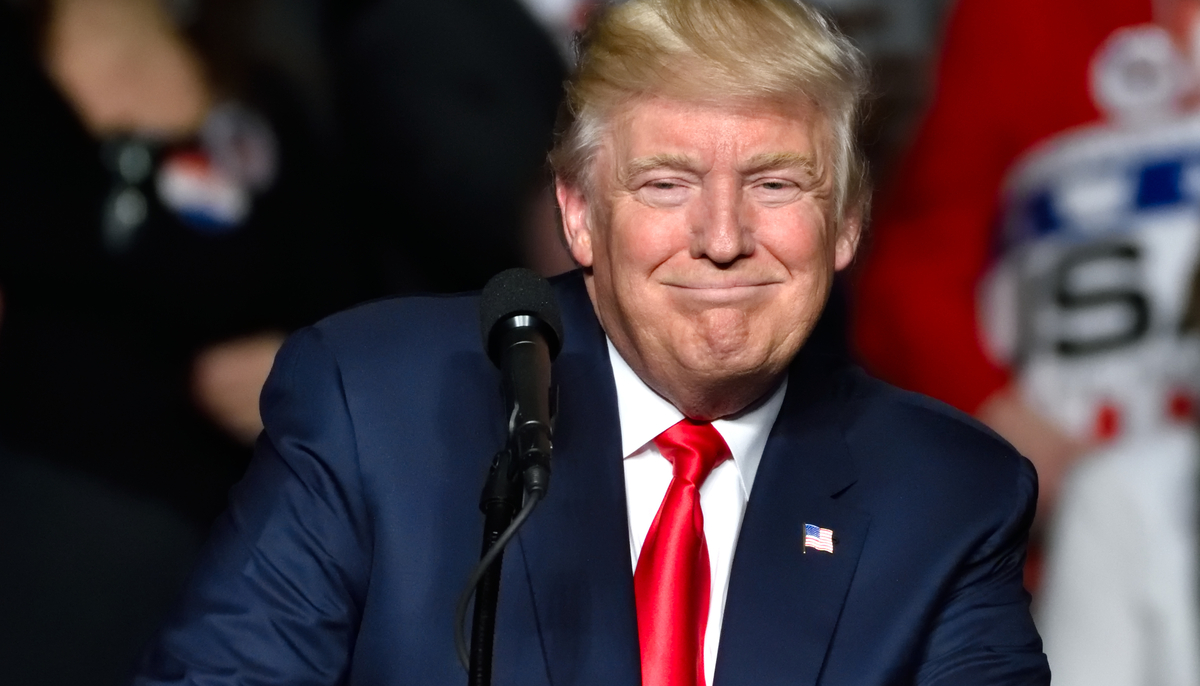Shutterstock
One of the biggest issues in the American economy is that of a looming student debt crisis.
Between growing student debt and the problem with college affordability in the US, many young people feel as though they have been financially stunted in ways their parents never were.
Now, Trump threatens to pull apart a popular student loan forgiveness program.

On Monday, Trump revealed a proposed funding bill for 2021, which would cut student loan spending by $170 billion.
This would remove a popular provision that has the government cover the cost of the loans’ interest while the borrowers are still in school, or while they aren’t making money above a certain threshold.
Trump’s proposed 2021 budget, ironically titled “A Budget for America’s Future,” would also take away a very popular debt forgiveness program. The program, introduced in 2007, cancels borrowers’ debts after ten years of on-time payments if they work for the government or a non-profit.
Additionally, the budget would close off a number of repayment options.
Pew Research finds that 80% of voters think the government should make it easier for borrowers to pay back loans. 60% of voters stated that they would support a candidate who called for a cancellation of all student loan debt.
Notably, Democratic Socialist candidate Bernie Sanders has campaigned on a platform of wiping out all student-loan debt.
The 2020 presidential election is likely to be a close, heated contest for the highest office in the US. Whoever gets the Democratic nomination will have a tough battle against incumbent Donald Trump. The president enjoys strong support from the Republican base, but he is overwhelmingly unpopular among the general public.
Loans and debt forgiveness could be a massive issue in the months leading up to the election. Many young people with outstanding debts could be motivated to vote by this possible financial crisis.